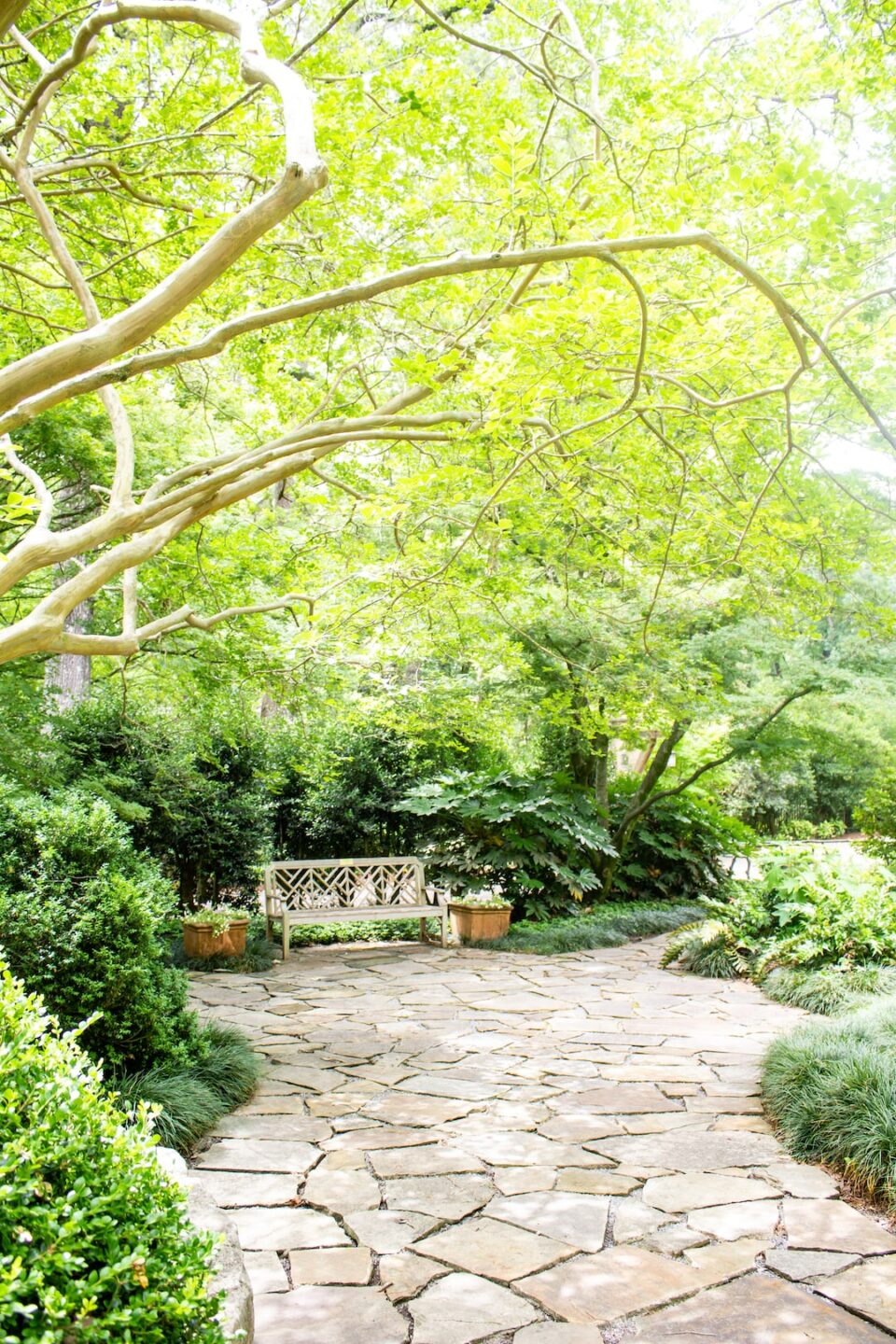DIY garden projects: From building compost bins to constructing raised flower beds
Gardening is a fulfilling and rewarding hobby that allows you to connect with nature, relax, and beautify your surroundings. If you’re looking to take your gardening skills to the next level, engaging in DIY garden projects can be a fantastic way to add functionality and creativity to your outdoor space. In this blog post, we will explore two popular DIY projects: building compost bins and constructing raised flower beds.
Building a compost bin is a great way to reduce waste and create nutrient-rich soil for your garden. Composting is a natural process in which organic materials, such as food scraps, yard waste, and even some paper products, break down over time, creating a dark, crumbly substance called humus. This rich substance is incredibly beneficial for your plants as it improves soil fertility and structure. So how can you build your own compost bin?
There are numerous designs and materials you can choose from when constructing a compost bin. One of the simplest DIY options is a wooden compost bin. Start by collecting four wooden pallets, which can often be obtained for free at local businesses. Arrange the pallets into a square or rectangular shape with the open sides facing inwards, creating a container. Secure the corners with screws or nails, and you have a basic compost bin.
Another popular method is constructing a compost bin using wire mesh. This option requires a roll of sturdy wire mesh and fence posts. First, decide on the size and shape of your bin. If you prefer a circular shape, use three or four fence posts to create a stable structure. Unroll the wire mesh and attach it to the posts, ensuring the bottom is secured tightly to prevent animals from accessing your compost.
Once your compost bin is ready, start adding organic materials such as kitchen scraps, leaves, grass clippings, and shredded newspaper. Remember to maintain a proper balance between “greens” (nitrogen-rich substances) and “browns” (carbon-rich substances). Turn the pile with a pitchfork or a garden tool occasionally to enhance the decomposition process. Before you know it, you’ll have nutrient-rich compost to help your plants thrive.
Another exciting DIY project for your garden is constructing raised flower beds. Raised beds offer several benefits, including improved drainage, easier weed control, and protection from pests. They also add a charming aesthetic to your garden, allowing you to create visually appealing displays of flowers, herbs, or vegetables.
To build a raised flower bed, choose the location carefully. Ensure that it receives adequate sunlight and that the soil is in good condition. Once you’ve selected the spot, clear the area of any weeds or grass. Next, mark out the dimensions of the raised bed using stakes and string or a garden hose. A popular shape is rectangular, but feel free to experiment with curves or irregular shapes if you prefer a more unique design.
The material you choose for building the sides of your raised bed is crucial. You can opt for materials like wood, bricks, or rocks, depending on your personal preference and budget. Wooden boards are a popular choice due to their affordability and versatility. Start by creating a frame by attaching the boards together at the corners using screws or nails. Ensure the frame is level, and adjust if necessary. Finally, place the frame in the designated area and fill with a mixture of topsoil, compost, and other organic matter to create a fertile growing environment.
DIY garden projects like building compost bins and constructing raised flower beds not only add functionality to your outdoor space but also provide opportunities for you to express your creativity. So grab your tools and get started on these projects to take your gardening experience to new heights!

